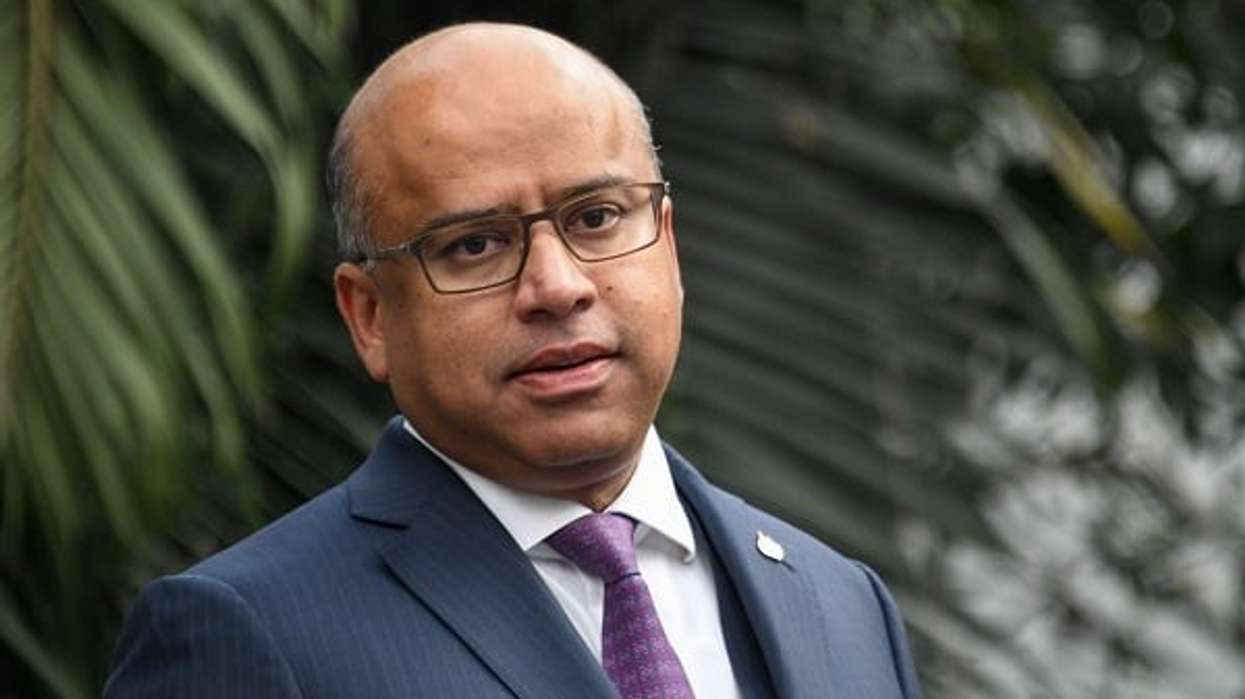THE government is preparing to take control of Liberty Steel’s South Yorkshire factories if their owner, businessman Sanjeev Gupta, fails to secure a last-minute rescue deal.
The move could save around 1,500 jobs at Speciality Steel UK, which includes steelworks in Rotherham and Stocksbridge.
At a High Court hearing on Wednesday (20), it was revealed that the government’s official receiver is ready to step in as administrator if the company goes into compulsory liquidation. Speciality Steel is facing closure after struggling for years under mounting debts and a lack of funding.
The court heard that the company has only £650,000 in its bank account but needs around £4 million each month just to pay wages. Lawyers representing creditors are pushing for the company to be wound up so its assets can be sold to repay debts. Creditors include major banks, suppliers, and Walsall Borough Council.
Sanjeev Gupta, the head of the GFG Alliance, is trying to avoid a government takeover. His lawyers asked the court to delay any decision, saying he is close to finalising a £75m funding deal with US investment giant BlackRock.
The plan would involve a “pre-pack” administration, allowing Gupta to buy back the company through a management buyout. The process is being advised by restructuring firm Begbies Traynor.
Gupta’s team argued that this commercial solution, backed by private investment, would protect jobs, keep the steelworks running, and come at no cost to UK taxpayers.
A spokesperson for Liberty Steel said, “We continue to believe our commercial solution, backed by major private capital, provides the best outcome for the business, its employees and all stakeholders concerned, without cost to UK taxpayers or unnecessary uncertainty.”
Judge Sally Barber said she could not make an immediate decision and needed more information about the next steps. She warned against acting “on a completely blind basis” and adjourned the case to give time to consider all options.
The Department for Business and Trade confirmed in a letter to creditors that the Government is ready to act.
“The official receiver is prepared, should SSUK enter into compulsory liquidation, to take control of SSUK’s affairs,” the letter said.
The government stressed that no final decision had been made to take the company into state ownership. Any such move would require ministerial approval. However, officials confirmed they had already been contacted by third parties interested in restarting steel production at the sites.
This would be the second government intervention in the UK steel industry this year. In April, ministers took control of British Steel’s plant in Scunthorpe, which was losing £250m annually. Last year, the government also gave Tata Steel a £500m support package to develop a greener electric arc furnace in Wales.
Liberty Steel’s Rotherham site hosts the UK’s largest electric arc furnace, which uses recycled scrap metal. The plant has not produced steel for about a year due to cash shortages, but workers have continued to be paid.
The problems began after the collapse of Greensill Capital in 2021, which had provided billions in loans to Gupta’s businesses. Investigations by the Serious Fraud Office into the GFG Alliance over suspected fraud and money laundering have also made fundraising more difficult.
Citibank alone is reportedly owed £233m by Speciality Steel. The creditors claim that allowing Gupta to retain control would write off most debts, and they prefer a government-led liquidation process that could offer a better chance to recover funds.
Judge Barber has referred the case to a different court, which is expected to make a final decision in the coming days, reports said.





